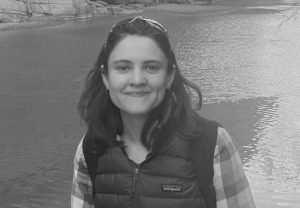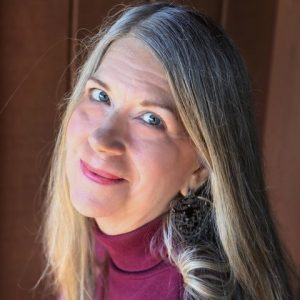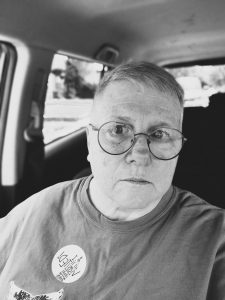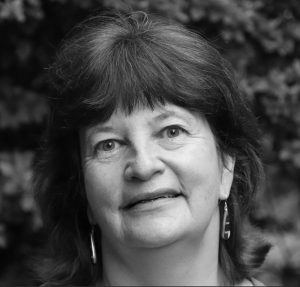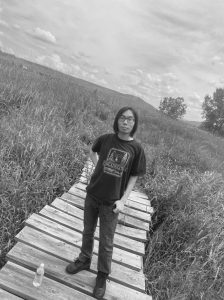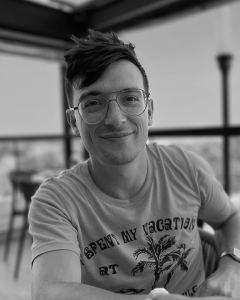
Honorable Mention: 2024 Philadelphia Stories Contest
Flight
(Dedicated to Carlos from Guatemala who died at the border)
An invisible hand, vice-like,
grips his shoulder…
Head, turning from the light,
he knows the cage has fallen.
He flees from persecution to persecution.
The arduous and angry road north,
long through jungle and desert and mesa
and up to the border of reason before
the breakaway turn
back into the night of sand and moon.
Huddled in the sagebrush of memory and fear,
the boy bites his wrist to stave the ghost of hunger,
too hungry to remember how to eat
or how his mother sang when cooking breakfast.
“Oh little vampire with blood in your teeth,
what energy can you derive from draining your life?”
Looking at the grains beneath his shoes,
he remembers a man named Tyson on the television,
saying as many stars exist…
To visit such a one!
He licks a finger with more blood than spit,
delicately sticking a single grain of sand
near the nail.
Here it is, a glorious star, big enough
to shine a way for him,
a child searching for magi.
There, in the desert night,
a one like the hijo Jesus,
hiding from Herod’s men.
With no strong-armed carpenter to build him a home,
no Madre’ Maria to suckle him in his shivering death.
The cage is everywhere,
infinite in its capacity to stretch and follow,
grabbing the bird-bones of his shoulder,
bidding him to step into the darkness.
Six, seven, eight steps south, now,
are like the breadth of a continent.
How does a cage like this get built?
Who orders its erection?
What is its material?
Everywhere unseen,
it falls like a weighted
drop of rain,
making a sound, but not in any instance to be found
in the desert night.
Moments… and
as great a star as the little bit of silica had become,
it has fallen from the finger,
itself in flight from the cage, to return
to its constellation on the desert floor.
As the keepers of the cage know no shame,
an echo cries, “Uncage the primitive!” but the voice is
a hollow in the scorpion’s den, where the predator remains
sophisticated in his charms.
The boy rubs the empty space at the tip of his finger
and hears the distant notes of his mother’s voice on the night breeze.
He can see her ebony braid swishing rhythmically as she cooks eggs
while he makes a bed in the lightless constellation of ages.
Khalil Elayan is a Senior Lecturer of English at Kennesaw State University, teaching mostly World and African American Literature, and he loves gardening and spending time in nature on his farm in north Georgia. Khalil’s poems have been published in The Black Fork Review, About Place Journal, and The Esthetic Apostle. Khalil has also published creative nonfiction, with his most recent essay appearing in Talking Writing, and his latest short story has shortlisted in The Vincent Brothers Review Annual Short Story Contest.

